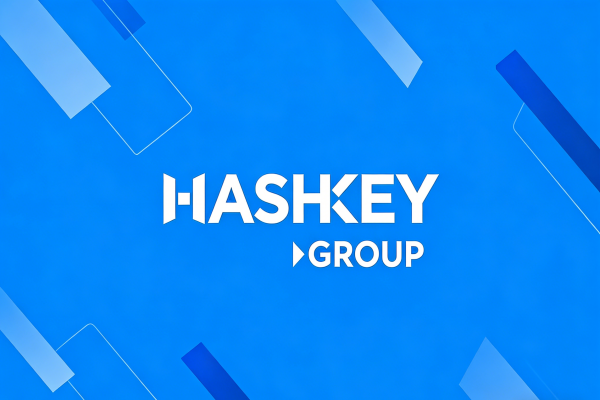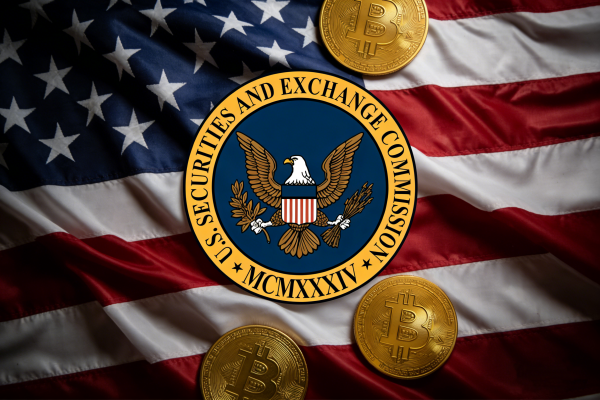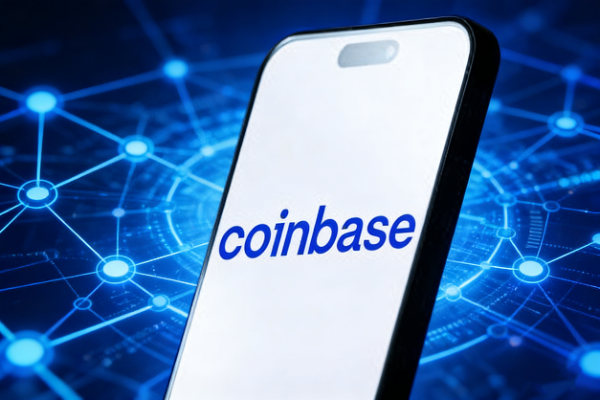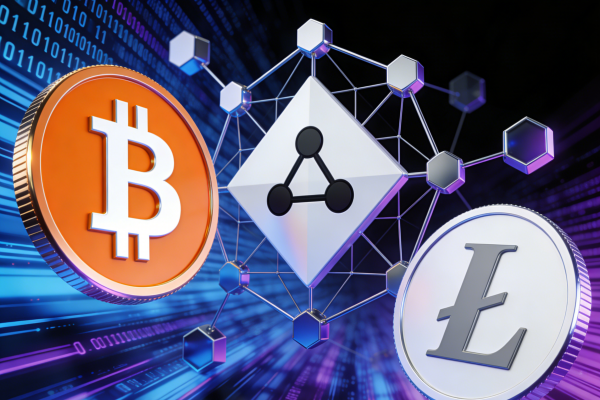Trump's meme coin and crypto investments 'have nothing to do with industry regulation': David Sacks
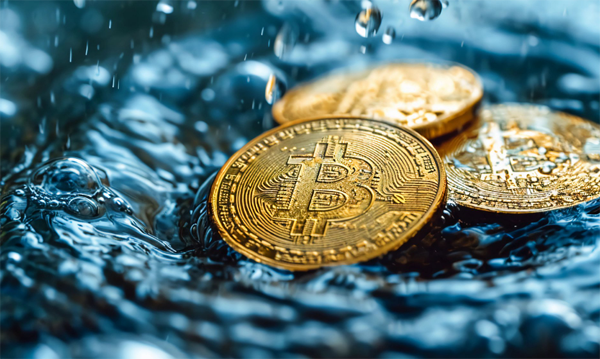
The president’s crypto czar also said there was no evidence that Trump had personal investments in cryptocurrencies like Bitcoin.
David Sacks, the White House crypto czar, dodged questions about President Donald Trump’s potential cryptocurrency conflicts of interest on Friday, claiming that the president’s own digital asset investments, such as his controversial memecoin, were “irrelevant” to the administration’s policies in the same space.
“I don’t think it has any impact,” Sacks said when asked if Trump’s own crypto projects had influenced industry regulation. “I don’t think it has anything to do with what we’re doing here.”
Soon after, Trump’s adviser delivered a scathing rebuke when asked about the president’s “personal investments” in cryptocurrencies like Bitcoin.
“Those are facts without evidence,” Sacks said.
Ahead of his return to the White House, Trump has lent his brand to numerous crypto projects, including Ethereum decentralized finance platform World Liberty Financial, Solana memecoin TRUMP, and multiple NFT trading card lines.
Each of these projects appears to have made a tidy profit — and benefited from the president’s support. For example, companies associated with Trump have received millions of dollars from the initial sales of these NFT collectibles, and the gradually unlocked TRUMP tokens that will eventually be held by his companies are currently worth more than $10 billion in total.
However, it is not clear to the public how much of this revenue has flowed directly into the president's pocket. In the case of World Liberty, a Trump-related LLC will receive 75% of the agreement's more than $30 million in net proceeds—according to Dune's on-chain data, the WLFI token sale alone may have brought in more than $200 million in revenue.
Since the beginning of Trump's second term, federal regulators have also adjusted cryptocurrency policies to favor the president's own projects. Days after Trump's meme coin was launched, Hester Peirce, head of the SEC's newly formed cryptocurrency task force, said the token likely does not fall under the regulator's jurisdiction.
Weeks later, the SEC issued an official statement declaring that meme coins should generally not be considered securities.
